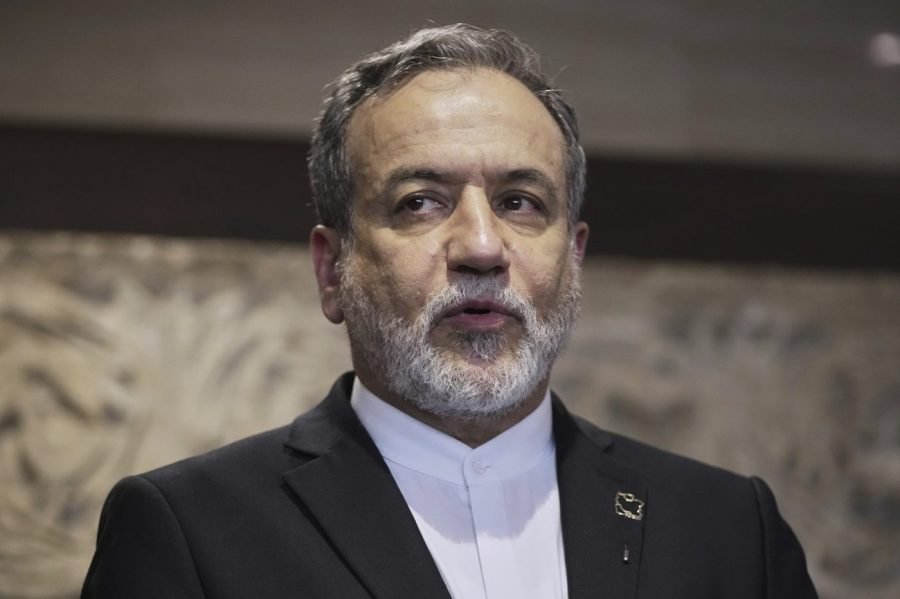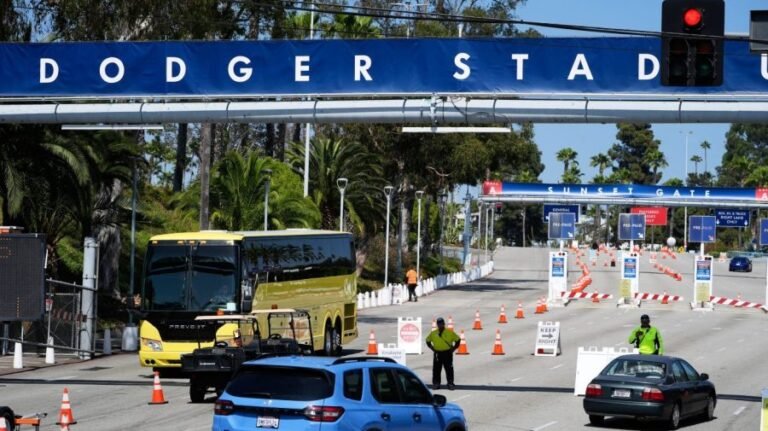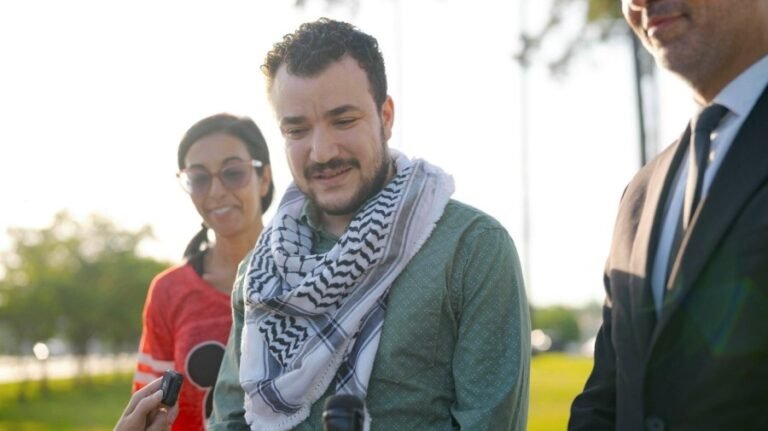
Iran’s foreign minister told NBC News Friday that Tehran was not sure it could trust the United States in the wake of numerous Israeli attacks on Iran.
The airstrikes from Israel, which have targeted Iranian military and nuclear facilities, came just days before American officials were scheduled to hold nuclear talks mediated by Oman. The U.S. has said it was not involved in the operation, although Trump was notified of the strike beforehand by Israeli Prime Minister Benjamin Netanyahu.
In the interview, Araghchi suggested that the United States was not legitimately interested in diplomacy and was only using the talks as a “cover” for future attacks.
“They had perhaps this plan in their mind, and they just needed negotiations perhaps to cover it up,” Araghchi said. “We don’t know how we can trust them anymore. What they did was in fact a betrayal to diplomacy.”
“We’re not prepared to negotiate with them anymore, as long as the aggression continues,” he added.
The State Department did not immediately return a request for comment.
Araghchi’s comments mark another deterioration in the chances for diplomacy between the United States and Iran, and come as President Trump is weighing a strike on the country that could damage one of its most significant nuclear facilities that is still standing after Israel’s attacks.
Trump has repeatedly said that he hopes for a diplomatic solution and does not want to involve the United States in another war in the Middle East. But he also approved of an airstrike in private, the Wall Street Journal reported, although he held off on giving a final order.
Now, Trump has attempted to give himself more room for negotiations, saying that he will make a decision within two weeks.
Nuclear talks between Iranian, German, French, and British diplomats are now occurring in Geneva, although they did not produce any breakthroughs on their first day.
During the interview, which occurred after the end of the talks on Friday, Aragchi said that Israel had to halt its attacks in order to continue negotiations, and that he was unwilling to give up uranium enrichment entirely.
“This is an achievement of our own scientists. It is a question of national pride,” he said.


